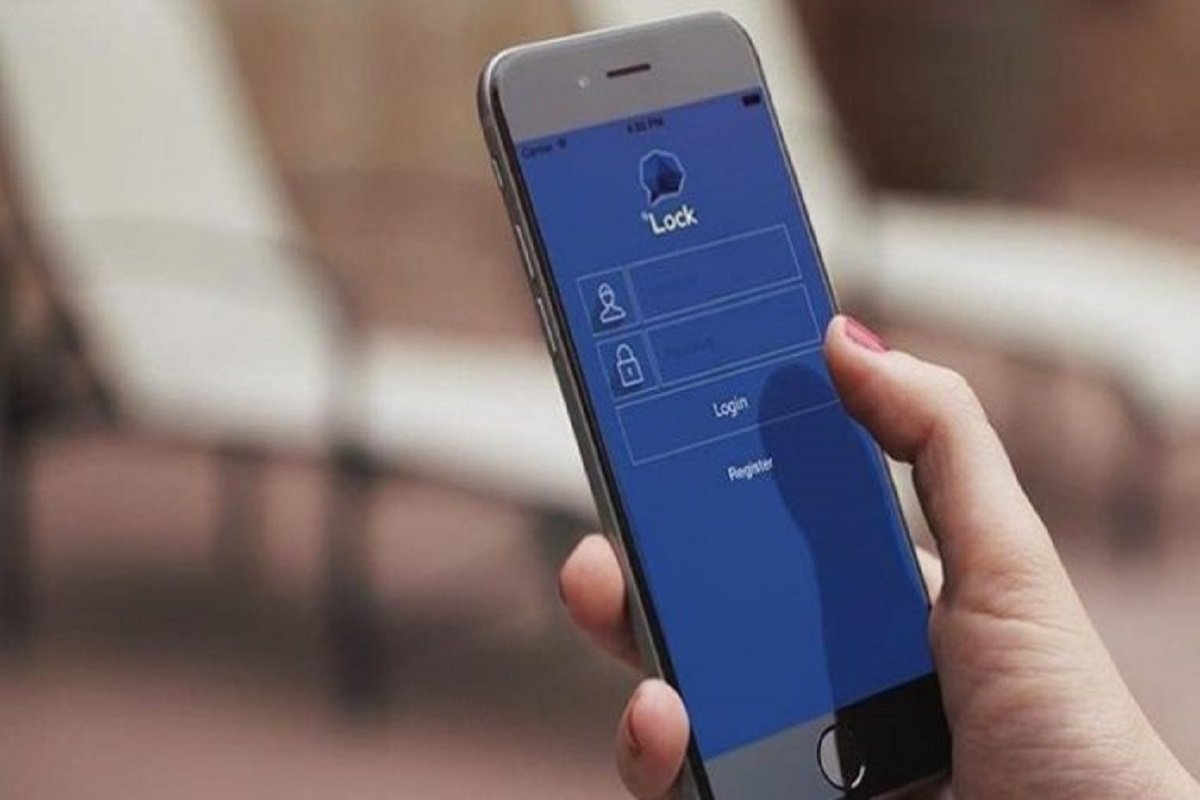Turkey’s Supreme Court of Appeals has overturned the conviction of a former military officer who was sentenced to over six years for his alleged membership in the faith-based Gülen movement based on his reported use of the ByLock messaging app, sending the case back to a lower court for retrial, the Kronos news website reported.
The officer, identified only by initials M.Y., had been dismissed the army in the aftermath of a 2016 coup attempt and had been imprisoned since March 19, 2019.
ByLock, once widely available online, has been considered a secret tool of communication among supporters of the movement since the coup attempt on July 15, 2016, despite the lack of any evidence that ByLock messages were related to the abortive putsch.
Turkish President Recep Tayyip Erdoğan has been targeting followers of the Gülen movement, inspired by Muslim cleric Fethullah Gülen, since the corruption investigations of 2013, which implicated then-Prime Minister Erdoğan, his family members, and his inner circle.
Dismissing the investigations as a Gülenist coup and conspiracy against his government, Erdoğan designated the movement as a terrorist organization and began targeting its members. He intensified the crackdown on the movement following the abortive putsch in 2016, which he accused Gülen of masterminding. Gülen and the movement strongly deny involvement in the coup attempt or any terrorist activity.
The court highlighted that there was no conclusive evidence presented to show M.Y. had used ByLock, even though the app was installed on his phone. This decision aligns with a previous ruling by the court in 2017, which described ByLock as a communication system created for the exclusive use of the members of the Gülen movement.
However, the recent ruling contradicts the 2017 decision by acknowledging that anyone could download ByLock and that it is not exclusive to any particular organization. The court stated in its rationale that “… it is not sufficient for the alleged crime that ByLock was merely installed without usage.”
The court emphasized that for ByLock to be considered evidence of ties to the movement, there must be irrefutable technical proof that the app was used to ensure secrecy in communication. The lack of such evidence in M.Y.’s case led to the overturning of his conviction. The ruling also criticized the previous investigation for being incomplete and called for further detailed evaluation.
The ruling has drawn criticism from legal experts, who argue that the decision attempts to sidestep the European Court of Human Rights (ECtHR) ruling in the Yalçınkaya case.
In a landmark decision in September, the Grand Chamber of the ECtHR ruled that Turkey had violated three articles of the ECHR in the case of former teacher Yüksel Yalçınkaya, who, among other things, was convicted of terrorism in Turkey due to his use of ByLock.
Legal experts said the Grand Chamber’s decision made clear that the use of ByLock cannot be considered criminal evidence against Gülen movement members.
Legal analysts also contend that the court’s recent decision introduces new criteria that could potentially lead to the conviction of thousands of individuals. They assert that the court’s statement about requiring “irrefutable technical proof” of ByLock usage for secrecy in communication could still be interpreted as an attempt to validate ByLock-related charges, despite the ECtHR’s ruling.















